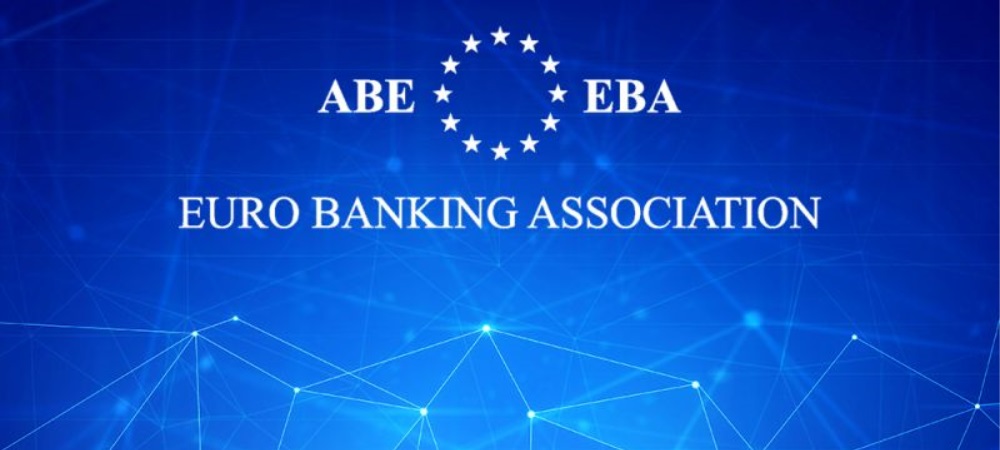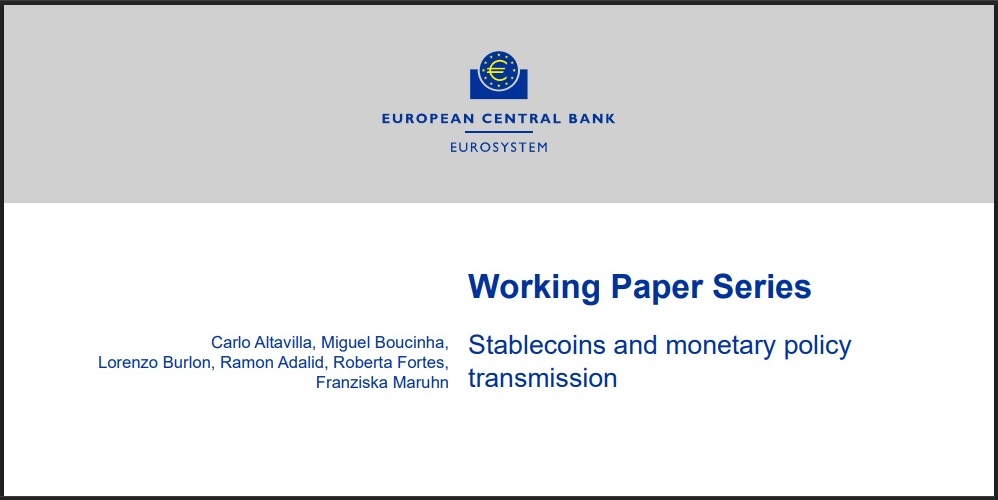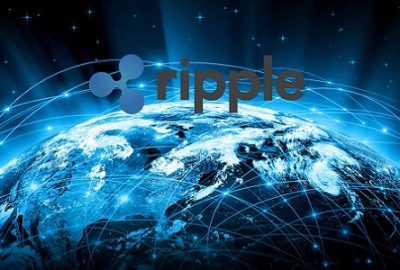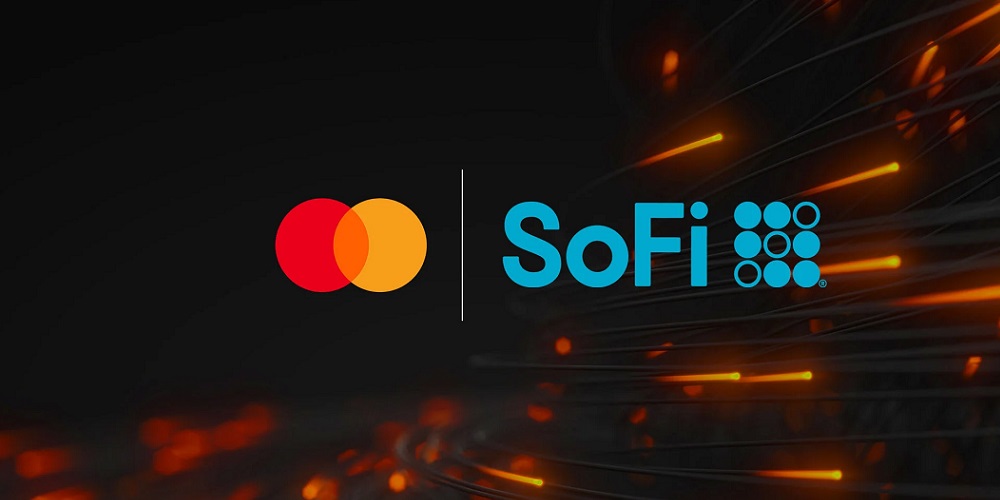Banks across Europe seek clarification on EBA e-money rules

Banks from nine EU countries have endorsed a note seeking clarification on the definition of e-money transactions and the related fraud reporting requirements issued by the European Banking Authority.
The European Banking Authority’s Guidelines on Fraud Reporting under PSD2 require banks and other payment service providers (PSPs) to distinctly report fraudulent e-money payment transactions to their national competent authorities, but they do not specify in detail which transactions fall under the emoney definition from the 2009 E-money Directive they refer to.
“The current definitions of e-money provided by the European authorities are not clear enough and would benefit from a detailed review. This is what the bank experts in our workshops on the EBA Fraud Reporting Guidelines concluded when they tried to match these definitions to today’s market reality in terms of payment instruments and products,” said Thomas Egner, Secretary General of the Euro Banking Association.
“The e-money note also details how these experts reached the conclusion that fraudulent prepaid card transactions are the only transactions that can be reported in the e-money category provided by the EBA Fraud Reporting Guidelines. It would be helpful if this requirement could be further clarified and applied in a uniform way across Europe.”
The note was created to reflect the discussions and findings of a workshop series on the EBA Fraud Reporting Guidelines that the Euro Banking Association organised in 2019 at the request of participants in the PSD2 Practitioners’ Panel and the SCT Inst Migration Action Round Table (SMART2), which are two payment expert groups hosted by the Association. The requirements of these Guidelines have or will become applicable to PSPs across Europe, depending on the timings decided by their respective national competent authority; the varying timings lie between late 2018 and 2021.
On more than one topic, the bank experts in the EBA-run workshops came to the same conclusions as the European Commission in its 2018 report on the Emoney Directive. The resulting note, “How to report e-money transactions under the EBA Fraud Reporting Guidelines,” issued by the PSD2 Practitioners’ Panel and SMART2 is available for download from the Euro Baking Association’s website.
It is the second note that was issued as a result of the above-mentioned workshop series. A first note calling for more fraud reporting consolidation and harmonisation across Europe was issued in April 2019.
List of account-servicing payment service providers (AS-PSPs) endorsing the e-money note: Aktia Bank plc, Bank of Ireland, Barclays Bank UK Plc, BCEE, CaixaBank, Danske Bank, Erste Group Bank AG, Helaba, KBC Bank, Raiffeisen Bank International AG and UniCredit Bank AG.
The Euro Banking Association (EBA) is a practitioners’ body for banks and other service providers supporting a pan-European vision for payments. The EBA has more than 160 members from the European Union and across the world.
Dariusz Mazurkiewicz – CEO at BLIK Polish Payment Standard
Banking 4.0 – „how was the experience for you”
„To be honest I think that Sinaia, your conference, is much better then Davos.”
Many more interesting quotes in the video below:










